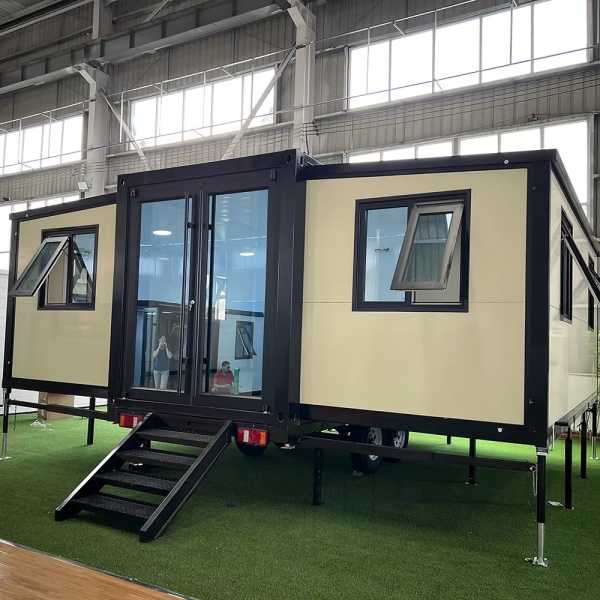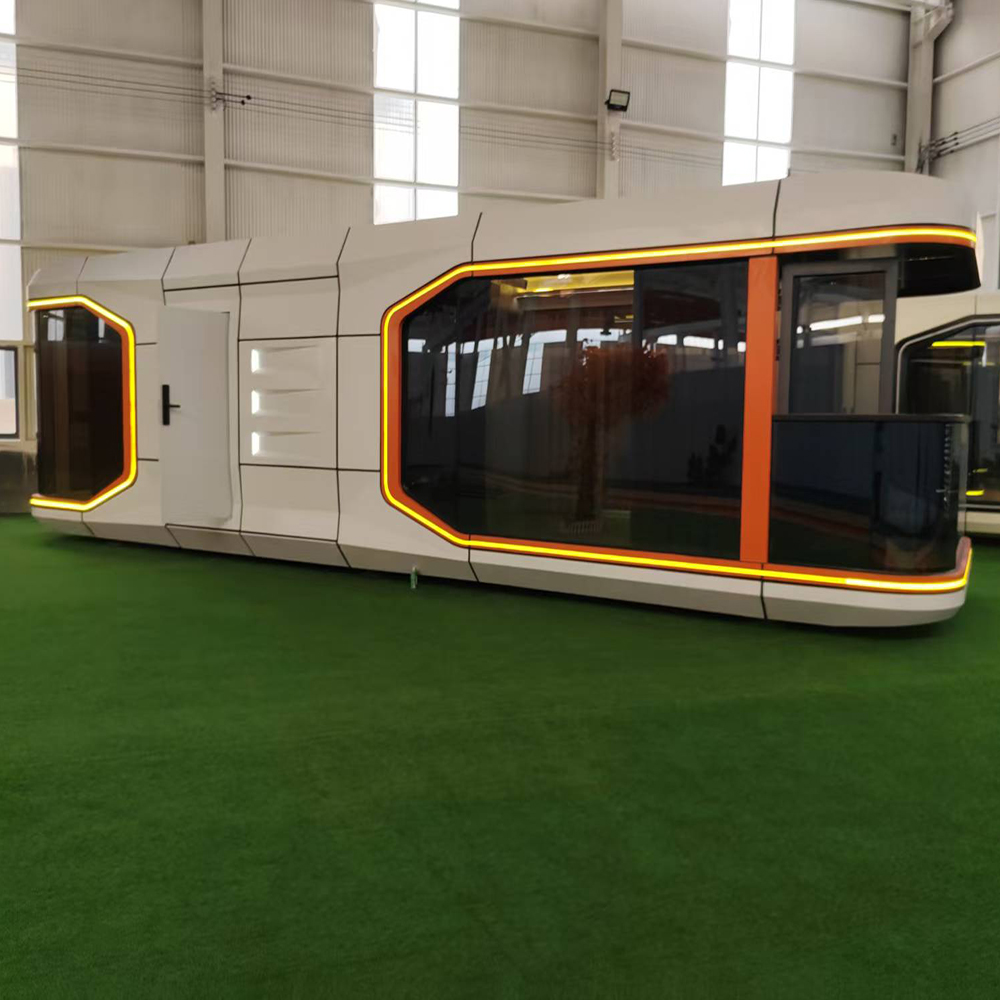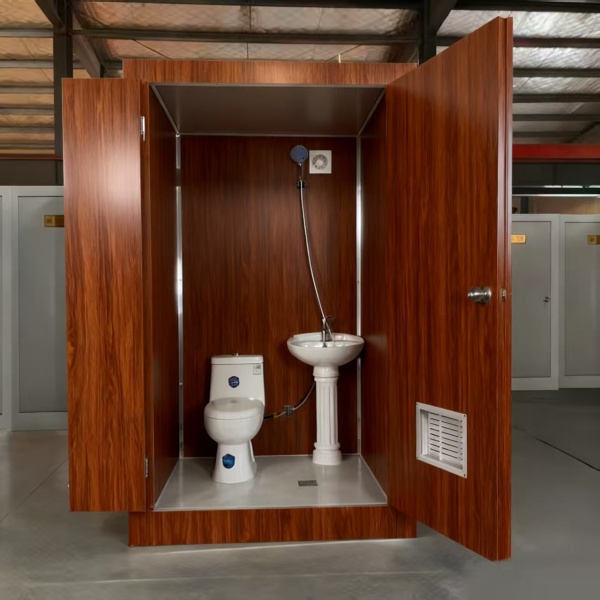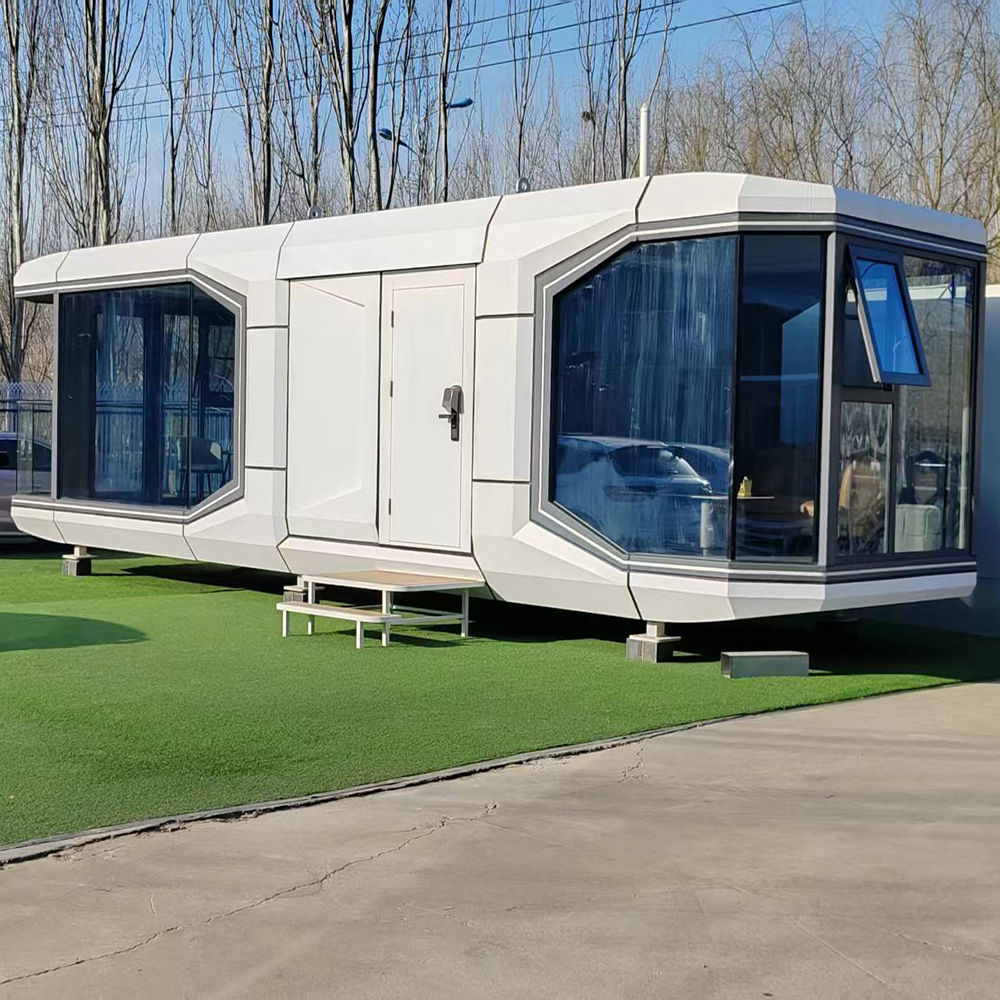-
E-mail
Austin120521@outlook.com -
E-mail
sales@jujiuhouse.com -
Telephone
+86-17864099991 -
Telephone
+86-17854044442
- Chinese
- French
- German
- Portuguese
- Spanish
- Russian
- Japanese
- Korean
- Arabic
- Irish
- Greek
- Turkish
- Italian
- Danish
- Romanian
- Indonesian
- Czech
- Afrikaans
- Swedish
- Polish
- Basque
- Catalan
- Esperanto
- Hindi
- Lao
- Albanian
- Amharic
- Armenian
- Azerbaijani
- Belarusian
- Bengali
- Bosnian
- Bulgarian
- Cebuano
- Chichewa
- Corsican
- Croatian
- Dutch
- Estonian
- Filipino
- Finnish
- Frisian
- Galician
- Georgian
- Gujarati
- Haitian
- Hausa
- Hawaiian
- Hebrew
- Hmong
- Hungarian
- Icelandic
- Igbo
- Javanese
- Kannada
- Kazakh
- Khmer
- Kurdish
- Kyrgyz
- Latin
- Latvian
- Lithuanian
- Luxembou..
- Macedonian
- Malagasy
- Malay
- Malayalam
- Maltese
- Maori
- Marathi
- Mongolian
- Burmese
- Nepali
- Norwegian
- Pashto
- Persian
- Punjabi
- Serbian
- Sesotho
- Sinhala
- Slovak
- Slovenian
- Somali
- Samoan
- Scots Gaelic
- Shona
- Sindhi
- Sundanese
- Swahili
- Tajik
- Tamil
- Telugu
- Thai
- Ukrainian
- Urdu
- Uzbek
- Vietnamese
- Welsh
- Xhosa
- Yiddish
- Yoruba
- Zulu
- Kinyarwanda
- Tatar
- Oriya
- Turkmen
- Uyghur

China price folding container house with toilet
html
Exploring the Versatile World of China's Folding Container Houses with Toilets
China's expanding influence in the construction industry, particularly with innovations like the folding container house with toilet, is reshaping modern living. Shandong Jujiu Integrated Housing Co., Ltd. is among the pioneers pushing this trend. The company's holistic approach—encompassing design, production, and installation—provides a glimpse into the future of practical and sustainable housing solutions. But what are the realities behind these portable homes? And why is the China price such a powerful term in this context?
The Ingenious Design of Container Homes
When you first encounter a folding container house, the design simplicity might mislead you. It’s not just about assembling a few steel panels; it's about precision engineering. Companies like Shandong Jujiu Integrated Housing Co., Ltd. understand that, beyond aesthetics, the key lies in structural integrity and functionality. The inclusion of integral elements like a built-in toilet facilities speaks volumes about user convenience.
Having personally observed the assembly process at various sites, the speed at which these homes come together is impressive. Lightweight yet sturdy materials allow for quick setup without heavy machinery. It's fascinating how such compact units can accommodate essential living needs. Still, I often wonder if, in the pursuit of convenience, we sometimes overlook potential regulatory hurdles or quality variances that can arise.
These structures aren't just for temporary solutions. More permanent placements have their nuances. Urban settings often impose tougher standards, but that's where integration expertise, like that of Jujiu, shines. They navigate these challenges adeptly, ensuring compliance while still delivering affordable and quality housing.
The Role of Toilets in Portable Housing
Integrating a toilet into a folding container house might seem straightforward, but it’s a game-changer. It transforms a container from a simple shelter to a livable home. The technology behind these toilets varies; some rely on traditional plumbing, while others use innovative solutions like composting or chemical toilets.
I've seen both successful and less so implementations of these solutions. For example, in more remote areas where plumbing is a challenge, alternative solutions work wonders. On the flip side, introducing these into urban areas can lead to complications. The balance between utility and installation practicality often dictates success.
In our years of integrating such features, the lessons learned underscore the importance of customization. Standard models can’t always meet diverse environmental needs. By offering tailored solutions, companies like Jujiu ensure that buyers not only get housing but truly functional homes.
The Impact of the “China Price”
“China price” often equates to cost-effectiveness, but it’s essential to look beyond just the savings. It implies a comprehensive approach where manufacturing efficiency meets strategic sourcing. This combination enables companies to offer competitive pricing without compromising on quality.
In cases where we’ve sourced components for our own projects, I notice the distinct advantage of this dynamic pricing model. Yet, the scrutiny lies in ensuring that quality isn't sacrificed. Shandong Jujiu’s operations, accessible via their website, exemplify how large-scale production can maintain stringent quality controls.
Still, the perception remains mixed. While some see this as an unbeatable advantage, others remain wary of long-term durability. It’s a balance of perception versus reality, and experience shows that due diligence in vendor selection is crucial.
Adapting to Diverse Needs
Every market has its unique demands. The folding container house sector is no different. I've seen firsthand how needs differ between regions—some prioritize mobility, others value insulation and energy efficiency. The success of a provider like Jujiu is in their adaptability to diverse climates and customer specifications.
Customizable options allow for climate-specific enhancements. From solar panel additions to insulation variations, these homes can cater from tropical to temperate environments. The core challenge is staying versatile without inflating costs. Shandong Jujiu manages this through a robust R&D approach, ensuring innovative practices meet economic feasibility.
Yet, not every venture succeeds. Instances where overcustomization leads to compromised timelines have occurred. It's a reminder that while flexibility is advantageous, it must be managed with foresight and planning to avoid pitfalls.
Real-World Applications and Challenges
In corporate and private sectors, folding container houses are playing key roles. Construction companies use them as temporary offices, while governments deploy them for rapid rehousing. However, as effective as they are, real-world applications bring unique challenges, from zoning regulations to logistics.
I've observed installations in both urban and rural setups. While logistical hurdles in cities can be daunting, rural areas present their own challenges, particularly regarding transport and local acceptance. In these instances, the comprehensive service model of companies like Jujiu, handling everything from logistics to local negotiations, proves invaluable.
These experiences remind us that despite the undeniable potential of folding container houses, careful planning and strategic execution remain at the core of successful implementation. Navigating these challenges is an ongoing journey of learning and adaptation.
Related products
Related products
Best selling products
Best selling products-
 Customized Expandable Container House Holiday Home Folding Prefab Container House with Bathroom and Kitchen
Customized Expandable Container House Holiday Home Folding Prefab Container House with Bathroom and Kitchen -
 Good Quality Modular Homes Prefabricated House Expandable Container House 20FT Mobile Flat Roof House
Good Quality Modular Homes Prefabricated House Expandable Container House 20FT Mobile Flat Roof House -
Two Wing Folding Expandable Container House
-
 Detachable Design Prefabricated Container House Portable Modular Office Building Folding Container House
Detachable Design Prefabricated Container House Portable Modular Office Building Folding Container House -
 Movable Prefabricated Container House Villas Modular Portable Homes 1 Bedroom Container House Offices Apartments
Movable Prefabricated Container House Villas Modular Portable Homes 1 Bedroom Container House Offices Apartments -
 Reasonable Price 1 Bedroom Modular Container House Folding Container Home for Villa or Apartment Use
Reasonable Price 1 Bedroom Modular Container House Folding Container Home for Villa or Apartment Use -
 Stair Access Double Wing Expandable Container House | Easy Installation Mobile Office
Stair Access Double Wing Expandable Container House | Easy Installation Mobile Office -
 Hot-selling foldable container houses, expandable prefabricated houses, suitable for office or living use, with fast delivery.
Hot-selling foldable container houses, expandable prefabricated houses, suitable for office or living use, with fast delivery. -
 Dual-Wing Folding Container House: Fast Assembly, Space-Saving & Multi-Scene Adaptable
Dual-Wing Folding Container House: Fast Assembly, Space-Saving & Multi-Scene Adaptable -
 Standard Modern Camping Pod Space Prefabricated Portable Mobile Capsule Room Hotel Bathroom Prefabricated Spaceship House
Standard Modern Camping Pod Space Prefabricated Portable Mobile Capsule Room Hotel Bathroom Prefabricated Spaceship House -
 A container house with a terrace and double-wing folding design, suitable for various purposes such as offices, meeting rooms, living rooms, etc.
A container house with a terrace and double-wing folding design, suitable for various purposes such as offices, meeting rooms, living rooms, etc. -
 Portable outdoor camping bathroom, mobile toilet, prefabricated modular villa & rental of outdoor and indoor showers
Portable outdoor camping bathroom, mobile toilet, prefabricated modular villa & rental of outdoor and indoor showers
Related search
Related search- Buy container prefabricated house
- z type folding container house
- semi trailer fold out houses
- China prefab container house
- prefab folding house
- space capsule house
- Buy apple ridge cabin broken bow ok
- China prefabricated containers house 20ft
- China prefab container house for sale
- 20ft expandable container house











